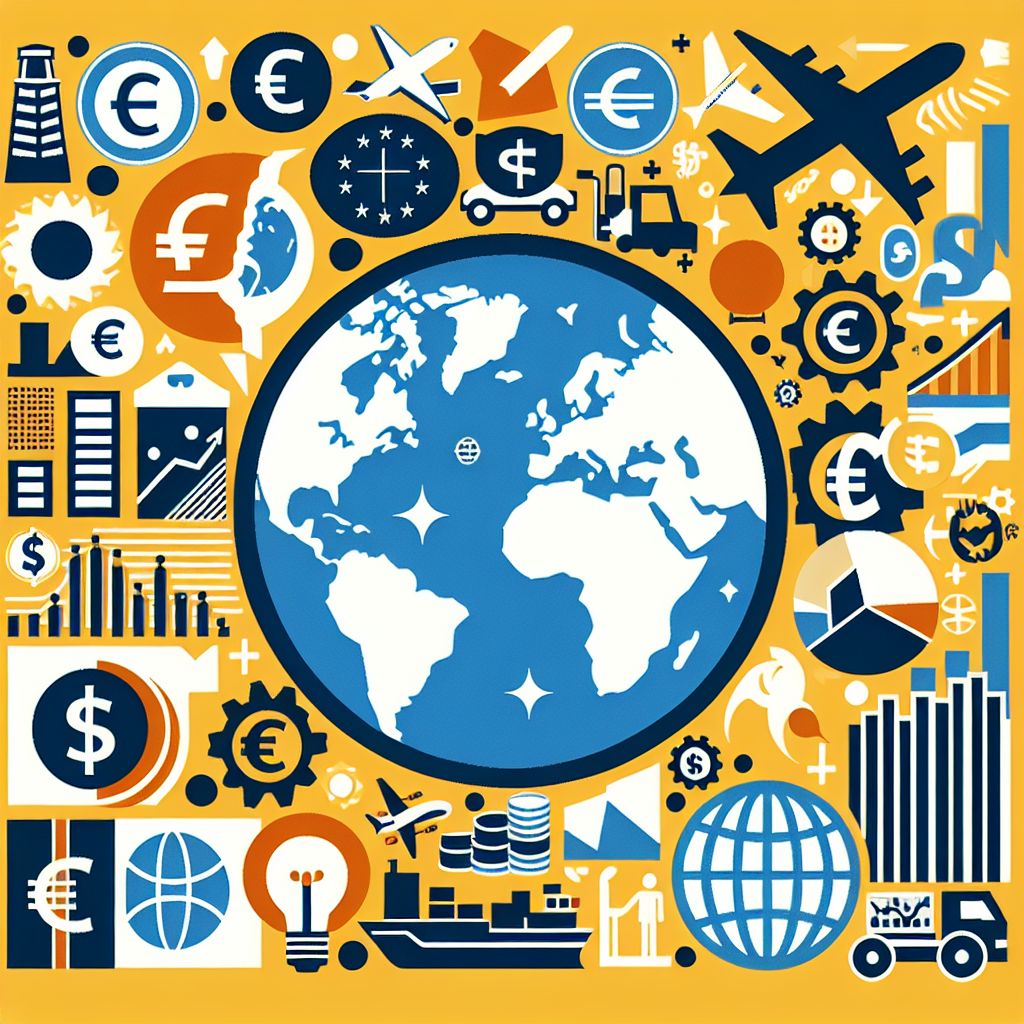Economic Uncertainty: The Impact of Tariffs in the Trump Era
The U.S. economy faced challenges in the first quarter due to high imports, inflated by President Trump's tariff policies. While GDP growth projections are low, actual data may overstate economic issues. Analysts highlight continued economic uncertainty driven by tariffs, impacting consumer confidence and business sentiment.

The U.S. economy is showing signs of strain in the first quarter, with an influx of imports prompted by President Donald Trump's tariff policy causing disruptions. The advance GDP report by the Commerce Department is expected to paint a grim picture, coinciding with Trump's 100 days in office and raising issues around his economic management.
Key economic indicators illustrate challenges: consumer confidence is at its lowest in five years, and business sentiment is deteriorating. A Reuters survey predicted a mere 0.3% GDP growth last quarter, the slowest pace since mid-2022, exacerbated by a record trade deficit affecting fiscal outlook.
Economists are wary of placing undue emphasis on GDP figures, suggesting they are skewed by atypical gold import spikes. While government models present varying forecasts, the consensus underscores the economy's struggle with tariff-induced uncertainty, spurred further by potential inflationary pressures and labor market cooling.
(With inputs from agencies.)
ALSO READ
Brazil-India Biotech Collaborations: Inking Deals for Medical and Economic Growth
U.S. Economic Growth Faces Slows but Stays Stable Amid AI Investments
Wall Street's Weak Start: Economic Growth Slows
U.S. Economic Growth Slows Amid Government Spending Cuts and Rising Inflation
Japan's New Dawn: Breaking Fiscal Chains to Ignite Economic Growth










